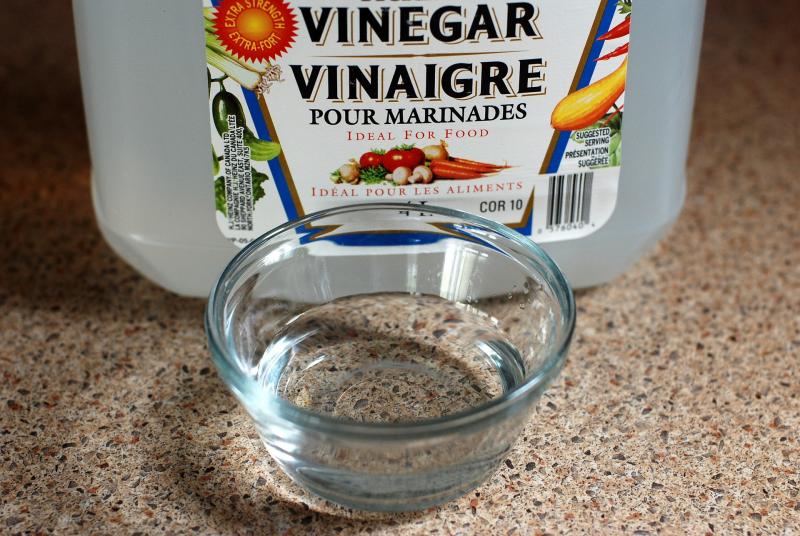By: Amy Collett
After years of living in the same home, we have a tendency to accumulate too many items. The things that we no longer need get pushed to the back of the closet, long forgotten until the day we need to make more space for storage. But how do we make space in our personal lives without dumping our trash onto the Earth? Here are five tips for decluttering your home while remaining eco-friendly.
Cannon Courier proudly delivers news to Cannon County, TN and beyond. Connect today for information and ideas that matter!
Recycle the Big Stuff
With millions of furniture, bedding, electronics, and appliances ending up in landfills, the last thing you'll want to do is add to it. You don't have to throw away things that no longer fit in your home. You can recycle big items or donate them to charity so they can be resold. The money will then be used to fund charity efforts. The Salvation Army and Habitat for Humanity will pick up your furniture for free, which means you can donate your goods and have someone else haul the heavy things away in a truck at no cost to you.
Your unwanted electronics can also be stripped for parts and reused or upcycled; reach out to crafters on websites like Etsy or connect with Best Buy with your used electronics.
Go Digital
Although you're looking to get rid of old electronics to declutter your home, you might want to use newer technology to declutter as well. Scan all of your old photos and embrace "the cloud."
For newer photos, you're probably using a digital camera or smartphone anyway. It's easy to upload your digital photos from your phone to the cloud, and most backups can be done automatically.
If you don't trust cloud spaces to store your photos, you can simply save your photos on an external hard drive. With the right technology, VCLHelp explains you can turn your CDs and DVDs into digital files as well.
Swap
Anything that doesn't get sold at the yard sale could be brought to a swap. Real Simple suggests organizing a party with friends to swap items with each other -- you can even make a game out of it. Just be sure to not take anything home unless it's something you need. The temptation to take that old toaster off your friend's hands defeats the purpose of reducing clutter in your home. Whatever doesn't get taken at the swap party can be donated to charity.
Clean Green
Now that the shelves are empty, it's time to clean off the dust. To keep your cleaning eco-friendly, stick with brands that use natural ingredients. When people clean using products and methods that are free of toxic or unsafe materials and are safe for the environment and human health, it is called green cleaning. You can make your own green cleaning fluid with two simple household items: vinegar and baking soda. It's cheap (a one-pound box of baking soda can be purchased for under a dollar), safe, and gentle on the environment.
Go Full On at Work
Green decluttering at home is one thing, but most of us spend the bulk of our awake time working. If your job could use a green cleaning, think about taking it beyond your personal space. Approach those in charge to enact company-wide policies that are ultimately better for everyone, and be ready to explain the benefits to the business when you make your request.
If you happen to be the business owner, you can make official policies for your team, which is a natural morale booster. In fact, if you're starting a business or it's time for major changes like expansion or moving, you can make your transition to a location known for being green-business friendly. Places like San Francisco, Salt Lake City and Denver are all known for their environmentally-friendliness as well as their economic soundness. Think about how you can make the biggest impact and what is best for the well-being of your company.
The general rule of thumb for de-cluttering in an eco-friendly way is to avoid making new trash. There are some things that inevitably need to be trashed, but many items can be taken apart and the materials can be recycled. Recycle, sell, give away, or donate what you can. For the rest, look up what you can do with it before you toss it into a landfill. And when you clean, skip the harsh chemicals and go for something that's safe enough to eat.







